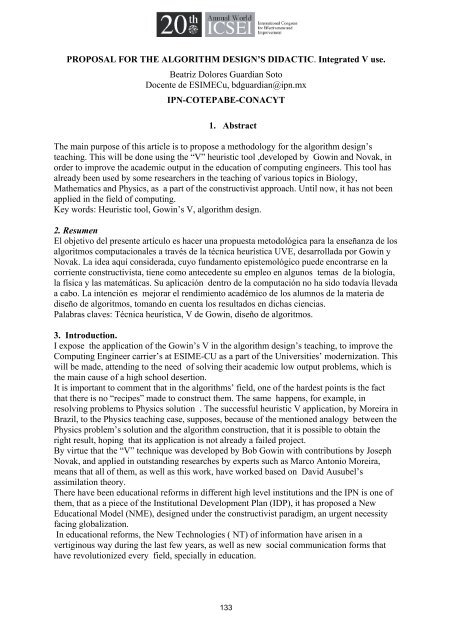Introduction
Social media platforms have become central arenas for civic discourse, yet there is growing evidence that the prevailing algorithmic approaches, which prioritize engagement and click-through rates, are contributing to detrimental social outcomes. Much of the current design is tailored to maximize short-term user engagement often at the expense of informational quality and social cohesion[1]. In response, emerging proposals in academia advocate for a shift in algorithmic priorities toward enhancing civic resilience and ensuring that democratic values form the foundation of content recommendation systems.
Shifting Algorithmic Objectives
At the heart of the new approach is the objective to redesign social media algorithms so that they no longer simply aim to maximize engagements such as clicks, reactions, and time on site. Instead, they should focus on promoting civic resilience by prioritizing informational quality, diversity, and the overall tone of civic discourse[1]. This reorientation involves algorithmic metrics that value clear, nuanced, and diverse perspectives over sensationalistic and polarizing content, a shift deemed essential given that current designs may inadvertently foster outrage and amplify societal divisions[4].
Academic Proposals and Theoretical Frameworks
Recent academic literature has outlined theoretical frameworks that explore the broader civic implications of social media usage. One framework emphasizes that while online platforms facilitate efficient civic participation, lasting societal impact requires that these online actions effectively spread to offline civic engagement[2]. Scholars propose that algorithms should not only be evaluated for engagement metrics but also for their capacity to build social capital, foster informed public debate, and drive real-world civic actions. The proposals suggest employing a mixture of social science and computer science approaches to create algorithms that account for factors such as the quality of information, diversity of viewpoints, and the civility of language[1].
Prototypes and Design Initiatives

Several academic initiatives have begun to explore prototypes and experimental designs aimed at recalibrating algorithmic functions for better societal outcomes. For instance, the project outlined in one European Commission report describes the development of open-source digital twins of social media platforms that enable controlled experimentation with alternative recommendation algorithms[1]. By simulating platforms free from commercial pressures, researchers can assess the impact of algorithms that emphasize high-quality information and inclusive civic dialogue. Similarly, proposals found in the literature advocate for the use of participatory approaches, wherein end-users' preferences are solicited regarding different content curation scenarios, such as during public health crises or political elections. This participatory design might help to strike a balance between mitigating risks to civic discourse and safeguarding free expression[1].
Implementation Challenges

While the theoretical benefits of redesigning social media algorithms for civic resilience are considerable, the practical implementation of these ideas faces significant hurdles. One core challenge lies in translating abstract risk factors related to civic discourse into concrete, actionable modifications on platforms where current metrics are optimized for profit-maximization[1]. Additionally, existing algorithms are deeply integrated within complex social feedback loops that intertwine user behavior with platform economics, making it difficult to isolate and measure the impact of any changes on societal outcomes[4]. Furthermore, such transformation requires collaboration between academia, platform companies, and policymakers, along with regulatory support, as frameworks like the Digital Services Act are expected to mandate a reassessment of systemic risks associated with digital platforms[1].
Another significant challenge is the establishment of reliable metrics for abstract values such as informational quality, civility, and social cohesion. Defining what constitutes 'high-quality' information as opposed to merely popular content is non-trivial and requires comprehensive, cross-disciplinary research. Moreover, academic studies emphasize that similar digital interventions often face barriers such as the difficulty in achieving sustained user engagement when the value systems conflict with immediate gratification impulses that drive current behavior on social media[4].
Future Directions and Conclusion

Looking ahead, the path to integrating civic resilience into social media algorithms is likely to involve iterative testing, transparent design processes, and ongoing regulatory oversight. Experimental platforms and controlled trials are necessary to validate proposed changes and to understand their multifaceted impacts on both individual well-being and broader social dynamics. In doing so, researchers will need to address how user-generated feedback and emerging societal norms can be incorporated into algorithmic design, allowing the systems to evolve in tandem with cultural and political shifts[2].
Ultimately, it is essential to consider that while the promise of new algorithmic approaches is significant, transforming the digital public sphere into a tool that supports democratic values will require sustained commitment from all stakeholders involved. This comprehensive approach, which integrates rigorous academic research, thoughtful design innovations, and supportive regulatory frameworks, holds the potential to elevate social media platforms from mere engagement machines to instruments of civic resilience and social cohesion[1].
Get more accurate answers with Super Pandi, upload files, personalized discovery feed, save searches and contribute to the PandiPedia.
Let's look at alternatives:
- Modify the query.
- Start a new thread.
- Remove sources (if manually added).

